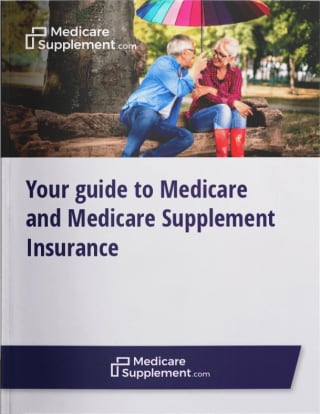What Are Veteran's Benefits?
If you served in active duty and were discharged or released under conditions other than dishonorable, you may be eligible for VA benefits.
-
The minimum duty requirements for VA benefits call for 24 months of continuous service, which also applies to members of the National Guard and the Reserves.
-
But because there are many exceptions to these requirements, such as whether you were discharged for a disability incurred during active service, the VA encourages all veterans to apply for VA health coverage.
All veterans who qualify for VA health benefits are assigned to a priority group numbered 1 through 8, with 1 being the highest and 8 being the lowest.
-
Your priority number, which depends on factors such as your income level and if you have a service-connected disability, determines everything from copayments to out-of-pocket costs to when you can schedule a medical appointment.
-
Regardless of the number, all veterans receive the VA’s Uniform Benefit Package, which includes services that Medicare doesn’t offer.
Should Veterans Enroll in Medicare?
The VA’s health care package and Medicare are two distinct programs. They do not work together, but rather, alongside one another.
While the VA’s plan provides veterans with benefits that Medicare does not offer, such as dental coverage and long-term nursing care, your medical costs are only covered if you receive care at a VA facility, or at a non-VA facility with prior authorization from a VA doctor.
Having both VA benefits and Medicare insurance broadens your coverage to include Medicare-approved hospitals and doctors.
The VA usually encourages veterans to enroll in both Medicare Part A (hospital insurance) and Medicare Part B (medical insurance).
-
You typically don't have to pay a premium for Part A, while the standard Part B premium for 2026 is $202.90 or higher, depending on your income.
-
Part B covers Medicare-approved doctor’s services and outpatient services, so what you spend on Part B premiums may save you money in the long run.
There are a few advantages to enrolling in Medicare if you already have VA benefits:
-
In the case of an emergency, you may be taken to a non-VA facility. If you don’t have Medicare, you will be responsible for covering the costs.
-
The VA health plan depends on the annual appropriation of funds by Congress. From year to year there is no guarantee of sufficient funds to cover all priority groups.
-
Even if all your medical needs are presently met by VA doctors, there may come a time when you will require care from a non-VA provider.
-
If you don’t enroll in Part B when you’re first eligible and later change your mind, you will likely have to pay an ongoing late-enrollment Part B premium penalty of 10% for every 12-month period that you didn’t have it.






